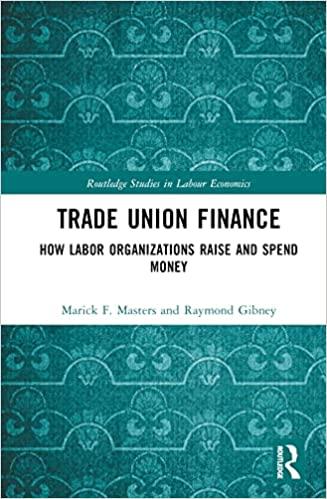Question
Suppose you want to buy a house. An unlimited number of homes are available for purchase in the marketplace. As an uninformed buyer, you are
Suppose you want to buy a house. An unlimited number of homes are available for
purchase in the marketplace. As an uninformed buyer, you are unable to distinguish
between well built (good) houses and poorly built (bad) houses. Good houses have an
open-market value of $500,000, while bad houses have an open-market value of
$450,000. Based upon your unique tastes, preferences, and personal situation, you can
generate $530,000 in revenue/utility (not profit) if you are able to obtain a good house,
but only $420,000 in revenue/utility if you obtain a bad house. Furthermore, it is
common knowledge that 75% of all houses in the marketplace are good houses and 25%
are bad houses. Assuming you are a risk-neutral, profit-maximizing investor:
What price should you offer for a randomly selected house in the absence of
experts/intermediaries?
What is your expected profit in the absence of intermediaries?
If you had the option of obtaining the services of a partially informed
intermediary at a cost of $3,000, how accurate should the intermediary have to be
in order for you to be interested in purchasing their service?
If the partially informed intermediary were 90% accurate, how much could a fully
informed intermediary charge for their advice (i.e., what warranty cost would
make you indifferent between purchasing and not purchasing their warranty)?
Step by Step Solution
There are 3 Steps involved in it
Step: 1

Get Instant Access to Expert-Tailored Solutions
See step-by-step solutions with expert insights and AI powered tools for academic success
Step: 2

Step: 3

Ace Your Homework with AI
Get the answers you need in no time with our AI-driven, step-by-step assistance
Get Started


